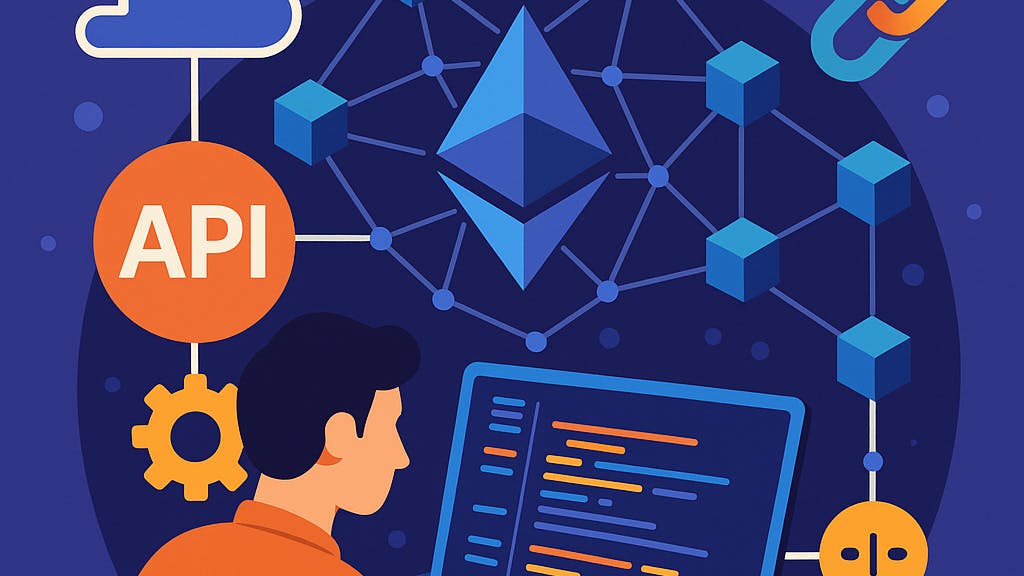
"Using a blockchain API simplifies dApp development by allowing developers to focus on features rather than managing node infrastructure, leading to faster time-to-market."
"Running an Ethereum node demands resources and ongoing maintenance, while an API provider handles uptime and scaling, making it attractive for startups."
"Cost efficiency is vital; compare free tiers and pricing models across API providers to optimize development and operational costs."
"A good blockchain API enhances reliability, ensuring low latency and available service through traffic distribution across nodes."
Blockchain APIs simplify developer interaction with blockchain networks like Ethereum by allowing access without hosting a full node. Developers can make HTTPS or WebSocket calls to interact with the API, reducing the complexity of dApp development. These services manage node upkeep, allowing startups to save time and resources. It helps them avoid heavy infrastructure burdens while ensuring reliable service. A quality API should combine cost-efficiency, low latency, and reliable service, with compelling free tiers that accelerate initial development.
Read at Hackernoon
Unable to calculate read time
Collection
[
|
...
]